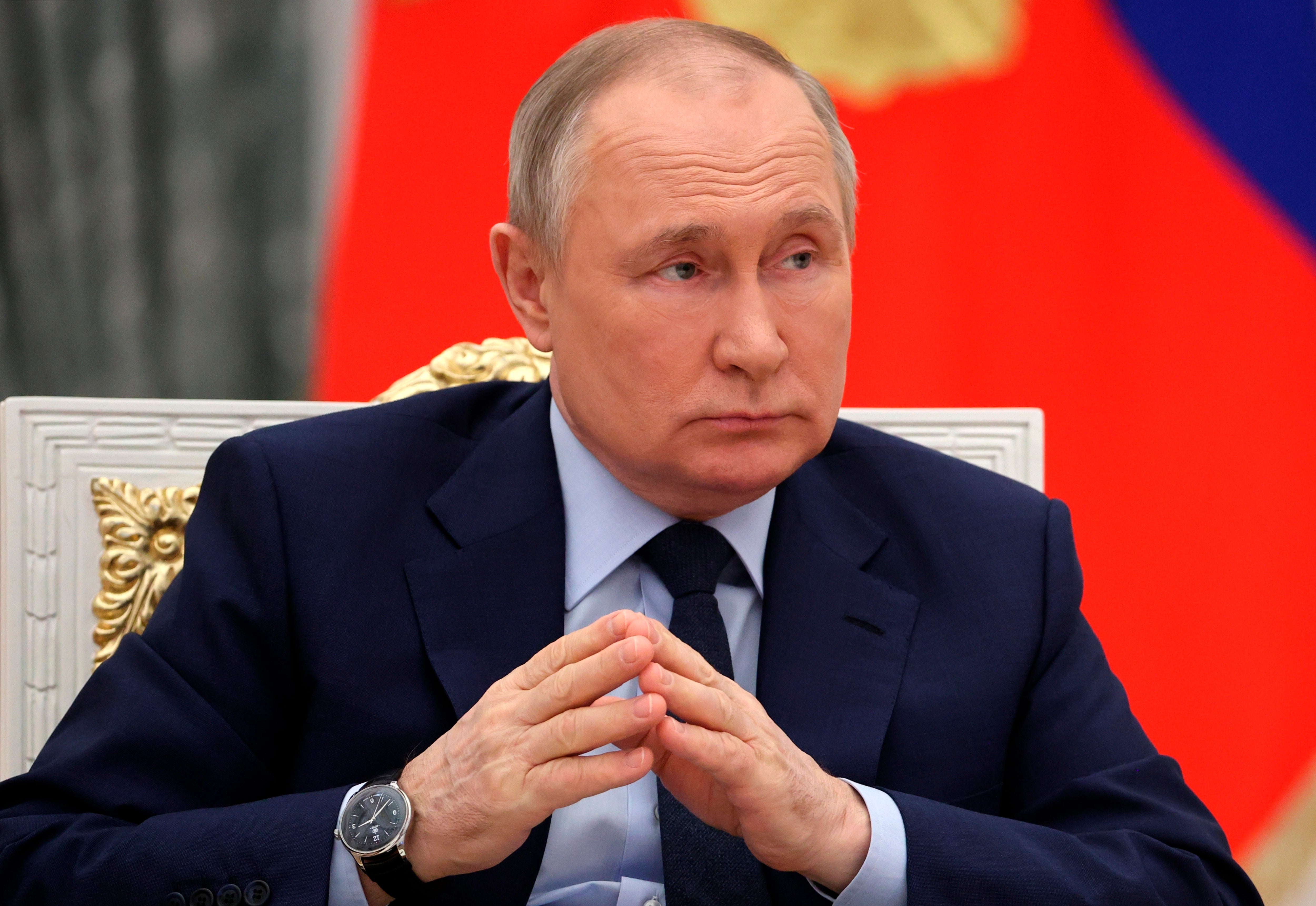Russia warns it will deploy ‘Satan 2’ nuclear missiles ‘capable of hitting UK’ by the autumn
The missile is capable of carrying 10 or more nuclear warheads and decoys, Russia claims
Russia has announced it will deploy its recently tested “Satan II” missile by the autumn, as tensions between Moscow and the west mount amid the Ukraine war.
The Kremlin announced the first test launch of its new, nuclear-capable Sarmat intercontinental ballistic missile (ICBM) system on Wednesday, with experts warning the warhead could target the UK as well as Europe and the US.
The Sarmat is capable of carrying 10 or more nuclear warheads and decoys, and of striking targets thousands of miles away in the United States or Europe.
This week's test, after years of delays due to funding and technical issues, marks a show of strength by Russia at a time when the war in Ukraine has sent tensions with the United States and its allies soaring to their highest levels since the 1962 Cuban missile crisis.

The target stated by Dmitry Rogozin, head of the Roscosmos space agency, is an ambitious one as Russia reported its first test-launch only on Wednesday and Western military experts say more will be needed before the missile can be deployed.
Rogozin said in an interview with Russian state TV that the missiles would be deployed with a unit in the Krasnoyarsk region of Siberia, about 3,000 km (1,860 miles) east of Moscow.
He said they would be placed at the same sites and in the same silos as the Soviet-era Voyevoda missiles they are replacing, something that would save “colossal resources and time”.
The launch of the “super-weapon” was a historic event that would guarantee the security of Russia's children and grandchildren for the next 30-40 years, Rogozin added.

Mr Putin claimed the missile, which hit its targets after traveling roughly 6,000km (3,700 miles), is virtually impossible to defend against with current technology.
“The new complex has the highest tactical and technical characteristics and is capable of overcoming all modern means of anti-missile defence. It has no analogues in the world and won’t have for a long time to come,” he said during a video briefing with defence officials.
Western concern at the risk of nuclear war has increased since Russian president Vladimir Putin launched his invasion of Ukraine on 24 February with a speech in which he pointedly referred to Moscow's nuclear forces and warned that any attempt to get in Russia's way “will lead you to such consequences that you have never encountered in your history.”
“The prospect of nuclear conflict, once unthinkable, is now back within the realm of possibility,” United Nations secretary-general Antonio Guterres said last month.
The Sarmat, nicknamed Satan II by some Nato leaders, replaces the Soviet-era Voyevoda system, and has been in development for years. Mr Putin announced development of the ICBM in 2018.
The launch is the latest public invocation of Russia’s nuclear programme, in the context of the country’s invasion of Ukraine.
Join our commenting forum
Join thought-provoking conversations, follow other Independent readers and see their replies
Comments
Bookmark popover
Removed from bookmarks